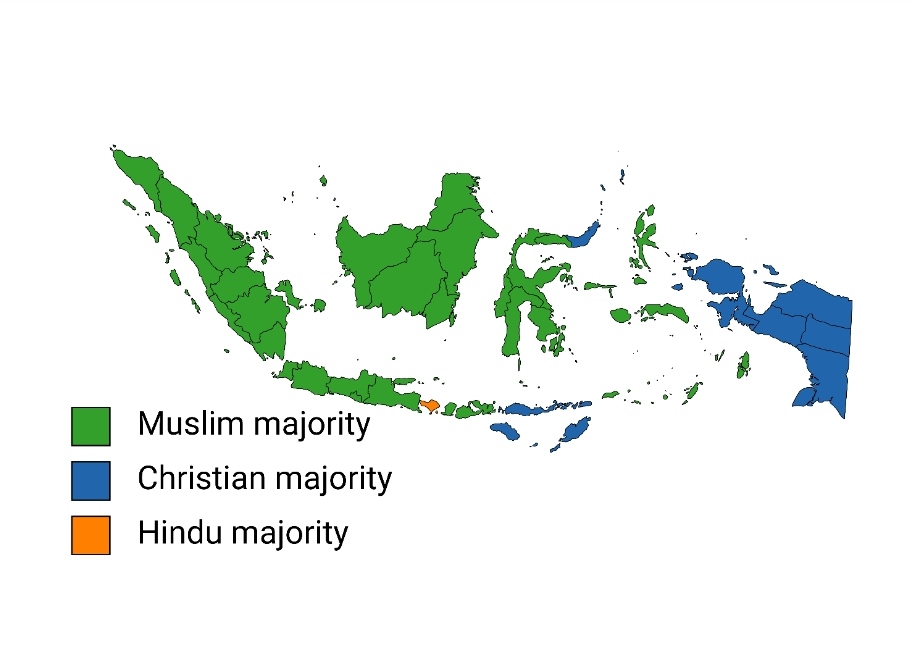In sexual ethics, of course, Jesus has it all over Mohammed. The marriage to Aisha is a hideous abomination. Mohammed was unashamed of sex, a “hirsute warrior” type (it's unsurprising, for example, that Andrew Tate has converted to Islam), whereas Jesus was a beautiful celibate with a dim view of lust, for which I don’t think he’s given quite enough credit. The Hebrew tradition is very macho and pro-natalist; the Old Testament is full of references to a man’s seed and loins, and Jesus was uninterested in all that. However, his views on the subject may not’ve been as romantic or philosophical as they were practical: Jesus was an apocalypticist, so sex, marriage, and childbearing were pretty low-priority if the world is nearing its calamitous end. “And woe to them that are with child, and that give suck in those days. Pray that your flight be not in the winter, or on the sabbath. For there shall be then great tribulation, such as hath not been from the beginning of the world until now.”





